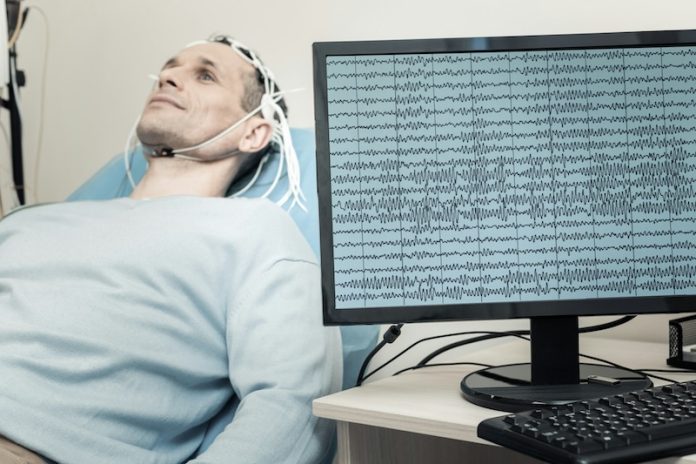
Epilepsy is a medical condition that affects the brain, leading to what we call seizures. These are episodes where someone might shake uncontrollably, stare blankly, or even lose consciousness.
It’s a complex disorder, but by exploring its common causes and the latest research, we can gain a clearer understanding of how to manage and possibly prevent it.
Firstly, let’s talk about what triggers epilepsy. The causes are varied and can be divided into two main categories: genetic factors and acquired factors. Genetic factors mean that epilepsy can sometimes run in families.
Researchers have found that certain genes increase the risk of epilepsy, but having these genes doesn’t mean someone will definitely develop the condition. It just means they are more likely to compared to someone without those genes.
Acquired factors refer to circumstances or events that affect the brain and lead to epilepsy. These include severe head injury, infections like meningitis or encephalitis, a stroke that restricts blood flow to the brain, and brain tumors.
Each of these can damage the brain’s neurons, which are the cells responsible for sending electrical signals throughout the brain. When these neurons are damaged or misfire, it can lead to seizures.
In children, common causes include high fevers and lack of oxygen during birth. These factors can significantly impact the developing brain, sometimes resulting in epilepsy.
In older adults, stroke is a leading cause, while in middle-aged individuals, brain injury and tumors are more common factors.
Research into epilepsy is ongoing, and scientists are continuously uncovering more about how our genes and environment play a role in the development of this condition.
One of the promising areas of research is the study of genetic mutations. Scientists are looking at how these mutations influence the brain’s electrical activity and trying to develop medications that can target these specific issues.
Another active area of research is the development of new imaging techniques to better visualize and understand the brain’s activity during seizures.
This could lead to improved diagnosis and treatment, making it easier to predict and control seizures.
Furthermore, studies on inflammation in the brain and its role in epilepsy are gaining traction. Some researchers believe that reducing brain inflammation through medication could help manage seizures.
The challenge with epilepsy research is that the brain is incredibly complex. Each case of epilepsy can be quite different depending on where in the brain it originates and what causes it. This variety makes finding a “one-size-fits-all” treatment difficult.
However, the more we learn about the different types of epilepsy and their specific causes, the better we can tailor treatments to each individual.
Despite these challenges, advances in technology and medicine have led to significant improvements in the management of epilepsy.
Today, many people with epilepsy can lead full and active lives thanks to better medications and improved therapeutic techniques. The key is early diagnosis and tailored treatment plans.
Understanding the causes and mechanisms of epilepsy not only helps in developing effective treatments but also aids in reducing the stigma associated with this condition.
Knowledge empowers patients and families, giving them control over the management of the disorder. Continued research and awareness are crucial, as they hold the promise of future breakthroughs in the fight against epilepsy.
In summary, while epilepsy is influenced by genetic and environmental factors, ongoing research is vital.
It helps us understand the complexities of the brain, develop targeted treatments, and ultimately improve the lives of those affected by this challenging condition.
If you care about brain health, please read studies about inflammation that may actually slow down cognitive decline in older people, and low vitamin D may speed up cognitive decline.
For more information about brain health, please see recent studies about common exercises that could protect against cognitive decline, and results showing that this MIND diet may protect your cognitive function, prevent dementia.
Copyright © 2024 Knowridge Science Report. All rights reserved.



